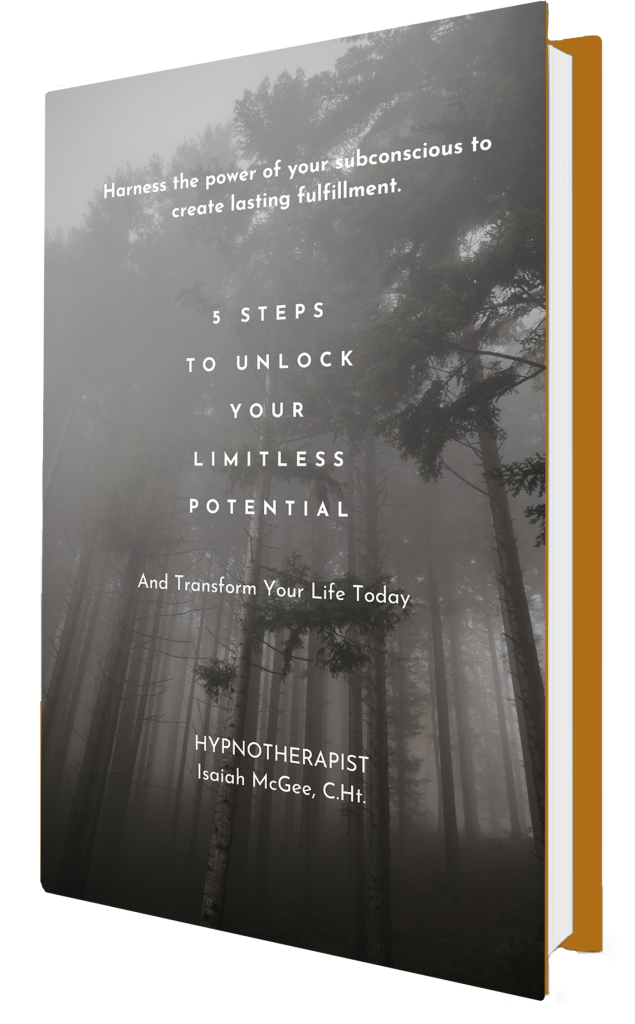Guilty as I charge
Guilt – a five-letter word that acts like the proverbial four letter one when it comes to undermining life and living. When you understand the paradigm under which guilt is validated you can render its concept invalid and its consequences neutralized. However, first, a realization of the pervasive, insidious ways that guilt is created, sustained, and perpetuated is in order.
To understand the psychology of guilt is to understand why you struggle with anything at any time. Suffer unrelenting paranoia and self-consciousness? Blame guilt. Suffer relationship strife? Source guilt. Health issues… guilt. Struggle financially? Guilt, again. Self-esteem issues? Uh, guilt. Career unsatisfying? Guilty as charged (literally). Witness slow or stagnant progress? Uh, guess what? Overwhelmed with chronic worry? Guilt, guilt, guilt.
Why can all things debilitating be attributed to this singular source? Because all things represent a binary reality: you are either operating free of sabotaging programming or you are not. And if you are not, then guilt is the automatic consequence of unwittingly betraying your real nature.
Your real nature is to thrive. Period. End of Sentence. To be clear, “thriving” is not necessarily having things ‘go your way’ – it is the way things go when unencumbered from the existential weight of guilt. Nothing in nature – without humanity’s programed influence – naturally sabotages it thriving nature – not one thing. Going against the grain of our fundamental nature is blasphemous to the essential template of our identity.
Whenever, and however, mental programming thwarts our natural template of ease of expression, guilt forms to render punishment the consequence.
That one sentence deserves its own paragraph (which is why it has it). All suffering is a form of unconscious punishment – not blame or fault – but punishment. How is this so when many individuals that suffer are ‘innocent’ (i.e. famine in developing countries, innocent victims of various forms of oppression and violence, etc.). The answer is concise and simple – though no less tragic.
Guilt does not have to be derived from acts of commission or omission – because of pervasive sabotaging programming, one is born highly susceptible to the guilt complex. In other words, guilt becomes an existential dynamic of aliveness. And therefore, all guilt existentially deserves punishment.
But all is not lost by any means. The operative word in that previous paragraph is, “susceptible” – probable does not mean unavoidable. There is no “law” that says we must succumb to the sabotaging programming that deems something existential. In fact, your true, real nature never buys into that programming, compelling as it appears to be.
The mandate of my work as a therapist is about deprogramming. There is not one thing that truly allows life to be satisfying that you must gain; it is always about what programming needs to be released. You are fundamentally and essentially enough as you are – it’s the programming that convinces you otherwise.
In essence, all ‘healing’ (use that term in whatever way suits you) is not something gained, it is something released. Release sabotaging mental programming and you release its sabotaging interference. [This is explored extensively and transformatively as it relates to health in January’s “Extraordinary Health by Extraordinary Means” webinar.]
Yes, it is that simple. (In fact, intricacy and complication is the essential tool of sabotage, it keeps liberation from being readily available.)
However, simplicity does not necessarily mean easy. What keeps suffering’s liberation at bay is one singular thing: attachment. By identifying with our suffering, we become attached to it. Let’s face it – no one willingly desires to suffer in any way, yet we enable it through our unconscious attachment to the familiar. Suffering becomes a means of self-identification. I suffer, therefore I am.
And yet again, the simple resolution to the conscious or unconscious attachment to our own suffering (be that in the form of health, wealth, relationship, livelihood, self-esteem, peace or otherwise) is only the willingness to give it up. To switch allegiance as it were.
You are not so much attached to suffering as you have an allegiance to it. Switch your loyalty (through willingness) to the allegiance of your “natural” self (the self that is the ‘you’ that is impenetrable to subsequent programming of sabotage) and your now allegiance reflects liberation from suffering.
I have often ended article post with the sentence, “be your own salvation” – and this is in no way an affront to any religious context or concept – it is recognizing ultimate responsibility. It is to recognize that you always have an irrevocable context of identity that cannot and has never “drunk the Kool-Aid” – the programming that enables suffering.
This reality is your lifeline – no matter how seemingly pervasive, chronic or ‘difficult’ the plight portends, you are not what you have been through; you are (truly) the one that has the means to transcend it.
Be your own salvation? In truth, it is not so much a responsibility, but rather, an opportunity. Be your own salvation and sabotaging guilt is a thing no more.
To leverage your healing power contact Isaiah for a resetting one-on-one session by clicking this link to email or call 323-653-3463.


